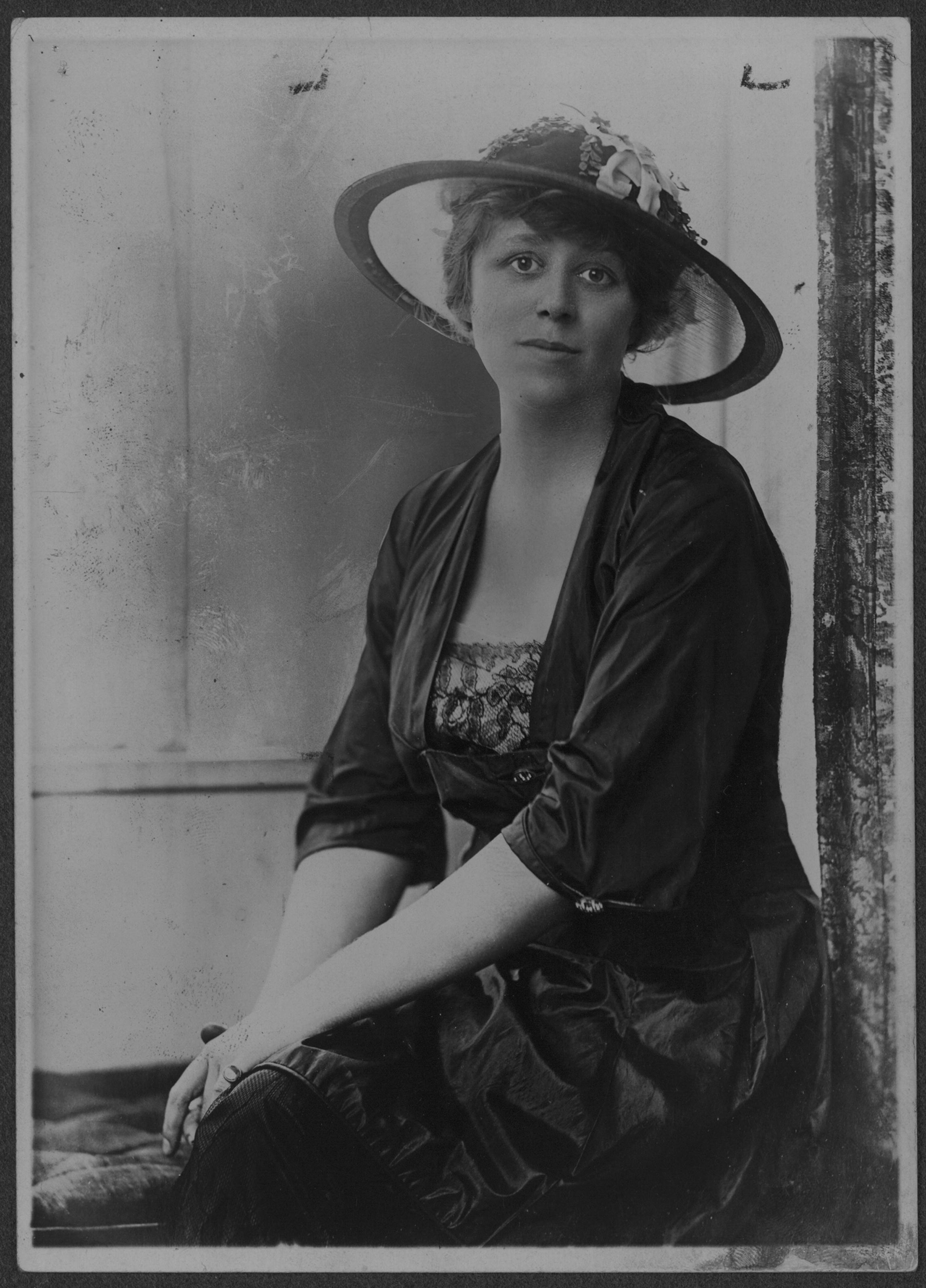
Figure 1: Register: Omaha High School 1905, Douglas Printing Company, 27
On a clear, cool fall Friday evening in October of 1955, the Omaha High School Class of 1905 held their 50th reunion at the Regis Hotel at 16th and Harney in the banquet room. Former members of the class gathered to catch up and share memories of going to “school on Capitol Hill.” From across the country, 79 out of 183 members of the class attended. The class included successful business people and lawyers along with homemakers and daily workers. Prominent Nebraskan and Senator Hazel Abel was the main speaker. Then, there was Doris Stevens.
When Doris Stevens walked into the banquet room, her former classmates knew her as Dora Stevens, vice class president. To them, she was the tall, friendly girl with musical talents. Tape-recorded songs written by Stevens played on a loud speaker throughout the night. Like the others, her pre-World War innocence was a faint memory. Instead of being the student they remembered, she was a famous feminist and vice-president of the Lucy Stone League. She picketed the White House, fought for women’s suffrage, and worked tirelessly for women’s rights. During the reunion, Stevens stated that she would continue the feminist fight until her death.
Stevens was born in Omaha, Nebraska around 1888 to Henry and Caroline Stevens. She was the second of four children. Her family lived at 3647 Charles Street. Her father worked as a tailor; her mother was a homemaker. She received a Bachelor of Arts degree in sociology from Oberlin College in 1911. Although she married twice, she kept her own last name.
She quickly became a paid regional organizer for the National American Woman Suffrage Association’s Congressional Union for Woman Suffrage (CWS) to advocate for women’s suffrage. She traveled around Ohio with 35 other suffragists. As they swept across the state speaking before overcrowded public meetings, they left a permanent organization in their place. Stevens gave her first speech in 1912 in Elyria, Ohio, the same night President William Howard Taft spoke at the same venue. Of that experience, she said, “Until I got started I tell you I was certainly scared.” When the CWS broke with its parent company, she became a national organizer.
Stevens was one of several suffragists who met with President Woodrow to discuss women’s suffrage on January 9, 1917. Unable to get a presidential commitment on women’s suffrage, they protested the next day as “Silent Sentinels.” On July 15, 1917, police arrested Stevens and 15 other suffragists picketing outside the White House for blocking traffic. All of them served three out of their sixty days sentence. She sent a message through the Omaha Daily Bee to the people of Omaha:
I was arrested today for carrying a purple, white and gold banner to the White House. We were peacefully and lawfully protesting against the injustice of the national government in refusing to enfranchise women. The government was the aggressor. They arrested us for picketing, which we have the right to do. It is evident that the government wishes to suppress the demand of American Women for political freedom. It does not hesitate unlawfully to arrest us in its attempt to crush our demands.
Wilson pardoned them after paroled. After released, the suffragists protested 6 days a week until June 4, 1919 when the Ninetieth Amendment passed.
Stevens focused on women’s legal rights after the passage of the Nineteenth Amendment. She worked on an equal rights amendment and was chairperson of the Inter-American Commission that established the Sixth Pan-American Conference. This “was,” she said, “the first [time] ever . . . [that] said women are as important as debts and tarrifs.” In 1931, she became the first female member of the American Institution of Law.
The class reunion ended with a “rousing class yell.”At the end of the night, staff cleared tables, people dispersed, and lights were turned off. Another event occurred at the popular venue on Monday night, leaving no vestige of the gathering. Doris Stevens came to Omaha infrequently after the reunion. She spent her later years writing songs about the Omaha-Council Bluffs metro area. “Lake Manawa” was one of her songs. On March 22,1963, she died in New York two weeks after suffering a stroke.
Doris Stevens was a prominent feminist who never lost her connection to Omaha. She spent her life fighting for female equality. Police arrested her in both Washington, D.C., and she was instrumental in getting the Nineteenth Amendment passed. When faced with a challenge, Stevens remained resilient. Because of her efforts, society as a whole has benefited from her efforts.

Figure 3: Library of Congress
References:
Weather Map, (1955, October 2), Retrieved from Omaha World-Herald, p. 18-D
School Days of ’05 Relieved, (1955, October 2), Retrieved from Omaha World-Herald, p. 22
T. Landas, (1955, September 11), Who’ll Know Who, In or Out of Who’s Who, Retrieved from Omaha World-Herald, p. 109
Feminist Leader Not Ending Fight, (1955, August 2), Retrieved from Omaha World-Herald, 17
Omaha-Born Feminist Dies, (1963, March 24), Retrieved from Omaha World-Herald, p. 30
Stevens Collapses From Heat At Omaha, (1930, May 21), Retrieved from Lincoln Journal Star, p. 9
Omaha Girl Takes Degree, (1911, June 29), Retrieved from Omaha World-Herald, p. 4
Bride Will Not Use “Mrs,” (1922, January 22), Retrieved from Omaha World-Herald, 43
Omaha Girl on Equal Rights. (1912, July 7). Retrieved from Omaha Daily Bee, p. 13
Arrest Came During Lawful Protest. (1917, July 15). Retrieved from Omaha Daily Bee, p. 2
Tiller, T. (2017, July 22). From the Picket Line to Jail (pt. 1), Retrieved from The Sun, p. 39
Jake Rachman, Writes Songs About State, (1952, April 18), Retrieved from Omaha World-Herald, p. 12